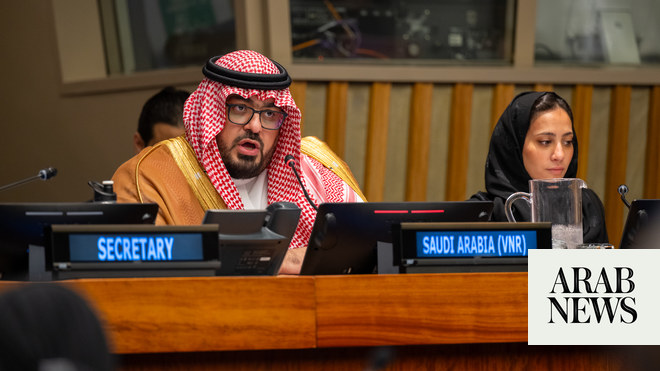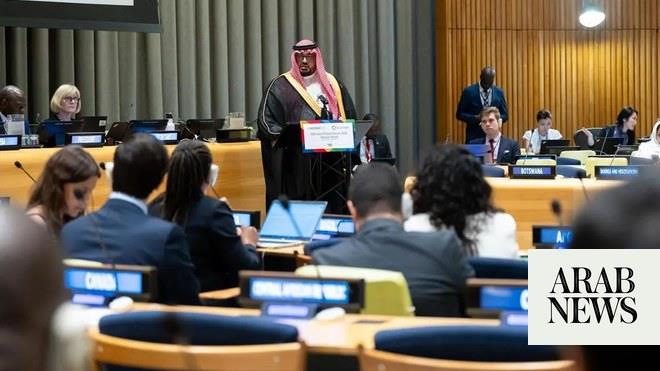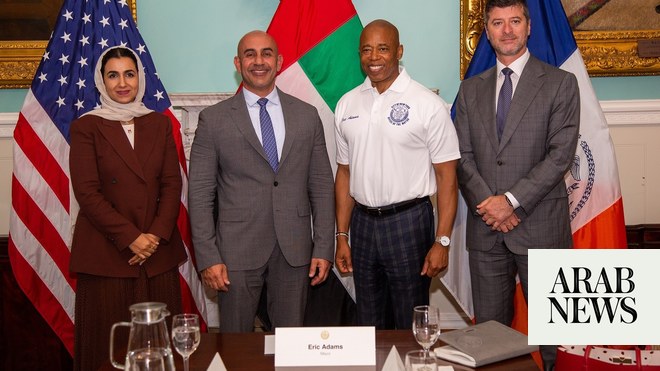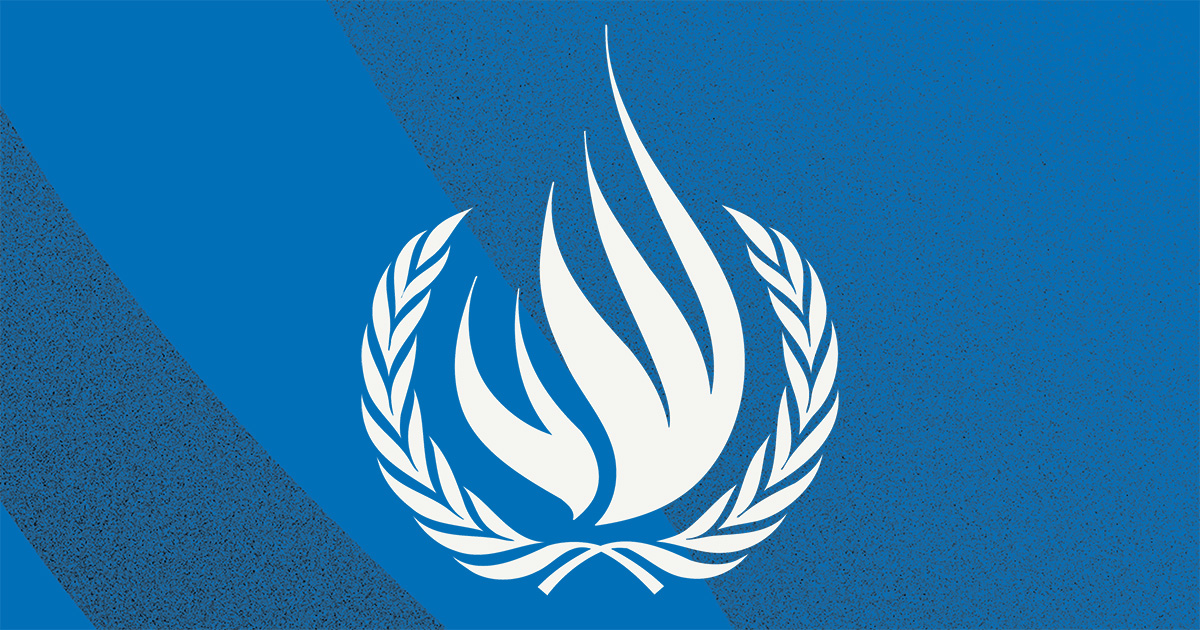
NEW YORK (21 October 2022) – A UN expert warned today that with the world approaching the halfway mark towards 2030, current trends show that almost all States will miss nearly all Sustainable Development Goals and targets.
“Failing to achieve the Sustainable Development Goals will condemn billions of people to misery and jeopardise the future livability of the planet for everyone,” said David Boyd, UN Special Rapporteur on human rights and the environment presenting his report to the United Nations General Assembly.
“On the other hand, meeting them would dramatically improve the quality of life for billions of people, and protect the extraordinary Earth that is needed to sustain all forms of life,” Boyd said.
The expert’s report said that today’s global economy was based on two pillars—the exploitation of people, and the exploitation of the planet—that were fundamentally unjust, unsustainable and incompatible with the full enjoyment of human rights. Boyd said the Sustainable Development Goals aim to address these problems by transforming the economy, alleviating inequality and protecting the environment.
“There are two main reasons why we are not on track to achieve the Sustainable Development Goals,” the UN expert said. “The first is that States have misunderstood the Goals as political aspirations when in fact they have a rock-solid foundation in international human rights law. Every single Goal and over 93% of the 169 targets are directly connected to an international human rights treaty.”
“The second problem is grossly inadequate levels of investment in achieving the goals, with an annual gap of more than $4 trillion,” Boyd explained. His report identifies seven sources of funding that could generate up to $7 trillion annually towards achieving the Sustainable Development Goals.
Examples include new taxes on wealthy individuals and pollution, debt relief for low- and middle-income States, closing tax loopholes, redirecting subsidies from environmentally destructive activities to sustainable actions and fulfilling longstanding commitments to foreign aid and climate finance.
“The recent UN recognition of the human right to a clean, healthy and sustainable environment should be a catalyst for accelerated action to achieve the Sustainable Development Goals,” Boyd said.
The Special Rapporteur urged States to take immediate and ambitious rights-based action to improve air quality, ensure everyone has access to safe and sufficient water, transform industrial agriculture to produce healthy and sustainable food, accelerate actions required to address the global climate and energy crises, replace fossil fuels with renewable energy, and conserve, protect and restore biodiversity. He also called on States to ensure that a rights-based approach is at the heart of the post-2020 global biodiversity framework and detoxify people’s bodies and the planet.
“Employing a human rights-based approach to each of the 17 Sustainable Development Goals is the best way to ensure effective and equitable action, prioritising vulnerable and marginalised populations and making sure that no one is left behind,” Boyd said.
David R. Boyd was appointed as the UN Special Rapporteur on human rights and the environment in August 2018. He is an associate professor of law, policy, and sustainability at the University of British Columbia.
The Special Rapporteurs are part of what is known as the Special Procedures of the Human Rights Council. Special Procedures, the largest body of independent experts in the UN Human Rights system, is the general name of the Council"s independent fact-finding and monitoring mechanisms that address either specific country situations or thematic issues in all parts of the world. Special Procedures experts work on a voluntary basis; they are not UN staff and do not receive a salary for their work. They are independent from any government or organisation and serve in their individual capacity.
For more information and media requests, please contact: Frédérique Bourque (frederique.bourque@un.org) or Viktoria Aberg (viktoria.aberg@un.org).
For media inquiries related to other UN independent experts please contact Renato Rosario De Souza (renato.rosariodesouza@un.org) or Dharisha Indraguptha (dharisha.indraguptha@un.org)
Follow news related to the UN"s independent human rights experts on Twitter@UN_SPExperts
Concerned about the world we live in?
Then STAND UP for someone"s rights today.
#Standup4humanrights
and visit the web page at http://www.standup4humanrights.org










